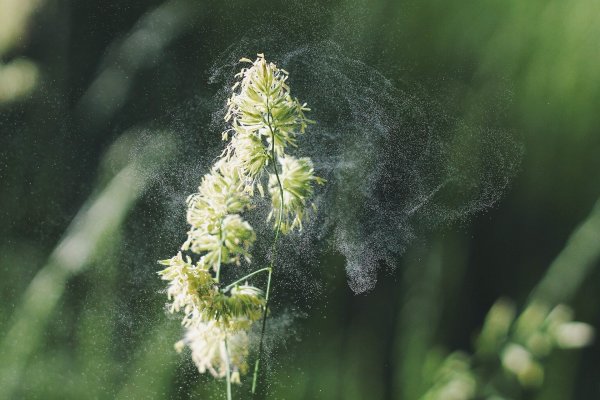
Erasing Asthma
Scientists from the University of Queensland have used gene therapy to turn off the immune response responsible for asthma. The team believes their technique may also be able to permanently silence severe allergy responses to common allergens such as bee venom, peanuts, and shellfish. Thus far, the research has been successful in animal trials, and if it can be replicated in human trials, it may provide a one-time treatment for asthma and allergy patients.

The technique erases the memory of the cells which cause allergic reactions using genetically modified stem cells that are resistant to allergens. “We have now been able ‘wipe’ the memory of these T-cells in animals with gene therapy, de-sensitizing the immune system so that it tolerates the [allergen] protein,” lead researcher Ray Steptoe said in a press release. “We take blood stem cells, insert a gene which regulates the allergen protein and we put that into the recipient. Those engineered cells produce new blood cells programmed to express the protein and target specific immune cells, which ‘turn off’ the allergic response.”
Road To Recovery
According to the Centers for Disease Control (CDC), about 1 in 12 people (25 million) in the U.S. have asthma, and these numbers are increasing annually. As of 2007, the last year for which the CDC has data, asthma cost the U.S. approximately $56 billion in costs for medical bills, lost work and school days, and early deaths. According to the World Health Organization (WHO), 235 million people worldwide have asthma, which is the most common chronic childhood disease, occurring in all countries regardless of level of development.
The researcher’s findings must now be subjected to further pre-clinical investigation, with the aim of replicating the results in the laboratory using human cells. The longer term goal will be a one-time gene therapy injection that would replace short-term allergy treatments, which vary in their effectiveness. “We haven’t quite got it to the point where it’s as simple as getting a flu jab so we are working on making it simpler and safer so it could be used across a wide cross-section of affected individuals,” Dr. Steptoe said in the press release.